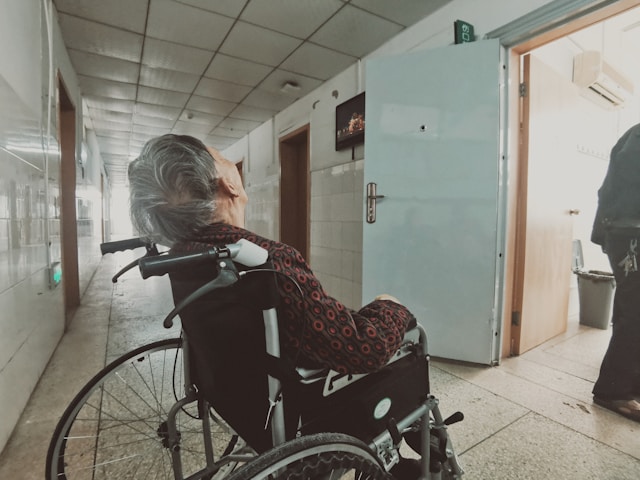Paida login, a controversial self-healing practice involving repeated slapping, has gained attention following the death of a participant who stopped taking her insulin, believing the therapy could cure her.
Paida Lajin, or slapping therapy, has come under intense scrutiny following a tragic incident involving a 71-year-old woman who died after participating in one of its workshops. The therapy, which involves slapping oneself or being slapped as a means of detoxifying the blood, has been linked to the death of Danielle Carr-Gomm, who stopped her insulin treatment in the hope of being cured.
Xiao Hongchi, a 61-year-old alternative healer, led the workshop where Carr-Gomm attended. Known as “Master Xiao,” he runs the California-based Pailala Institute, which promotes Paida Lajin. The practice, rooted in traditional Chinese medicine, involves rhythmic slapping and patting of the skin to supposedly expel toxins and improve blood circulation. Xiao has conducted workshops globally, including in China, Hong Kong, Taiwan, Malaysia, Singapore, India, the US, and Germany.
During a week-long retreat at Cleeve House in Wiltshire, England, Carr-Gomm, who had diabetes, reportedly stopped taking her insulin, following advice from Xiao and hoping for a complete cure through the therapy. The trial at Winchester Crown Court revealed that Xiao, despite being aware of Carr-Gomm’s deteriorating condition, did not seek medical help. The court heard how Carr-Gomm’s condition worsened and she passed away on October 20, 2016, with witnesses describing the distressing sounds of slapping and yelling from her room.
Paida Lajin involves “paida” (slapping) and “lajin” (stretching) techniques, which practitioners believe release “sha,” or toxins, from the body. Despite its claims, critics argue that the therapy leads to nothing more than bruised skin and broken blood vessels, lacking scientific validation. Xiao’s books and public statements have touted the therapy as a cure for a wide range of ailments, including serious conditions like cancer and Alzheimer’s disease.
In his publications, such as “The World of Medicine: The Paida Lajin Self-Healing Method,” Xiao claims that his methods are safer and more effective than traditional medicine, asserting that doctors are misled by pharmaceutical interests. However, many experts dispute these claims, emphasizing the lack of empirical evidence supporting the therapy’s efficacy.
The controversy surrounding Paida Lajin intensified following the court case, where Xiao was convicted of manslaughter by gross negligence for Carr-Gomm’s death. The incident highlights significant concerns about the safety and legitimacy of alternative healing practices, particularly those that encourage patients to forego conventional medical treatments.
Xiao has defended himself by stating that he is not a medical professional but rather a teacher of self-healing techniques. Despite this, the incident raises critical questions about the regulation of alternative therapies and the responsibilities of those who promote them.
Analysis
Political
The controversy surrounding Paida Lajin and Xiao Hongchi’s conviction may influence regulatory discussions about alternative medicine practices. The case underscores the need for stricter oversight and clearer guidelines for alternative therapies to protect consumers from potentially harmful practices that lack scientific validation.
Social
The incident reflects the growing societal interest in alternative healing practices and their potential risks. It highlights the tension between conventional medicine and alternative approaches, particularly when individuals seek unconventional methods for serious health issues. The case may prompt increased scrutiny and debate over the role and regulation of alternative therapies in mainstream healthcare.
Racial
Paida Lajin’s origins in traditional Chinese medicine and its promotion by a Chinese-born practitioner reflect the broader cultural exchange between Eastern and Western health practices. However, the incident raises concerns about the potential exploitation of cultural traditions for personal gain, particularly when the practices are presented without rigorous scientific support.
Gender
The death of Danielle Carr-Gomm, a female participant, brings attention to gender dynamics in the context of alternative medicine. While the therapy’s risks are not inherently gendered, the focus on individual choices and vulnerability in health decisions can disproportionately affect women, who often seek out alternative treatments for chronic or complex conditions.
Economic
The economic aspect of the controversy involves the financial motivations behind promoting alternative therapies. Xiao’s practice and workshops generate revenue through participant fees and book sales. The fallout from the case could impact the economic viability of such practices, leading to potential legal and financial consequences for those involved in unregulated alternative health treatments.
